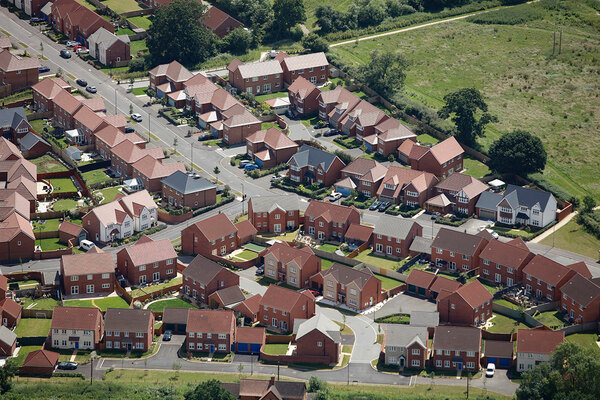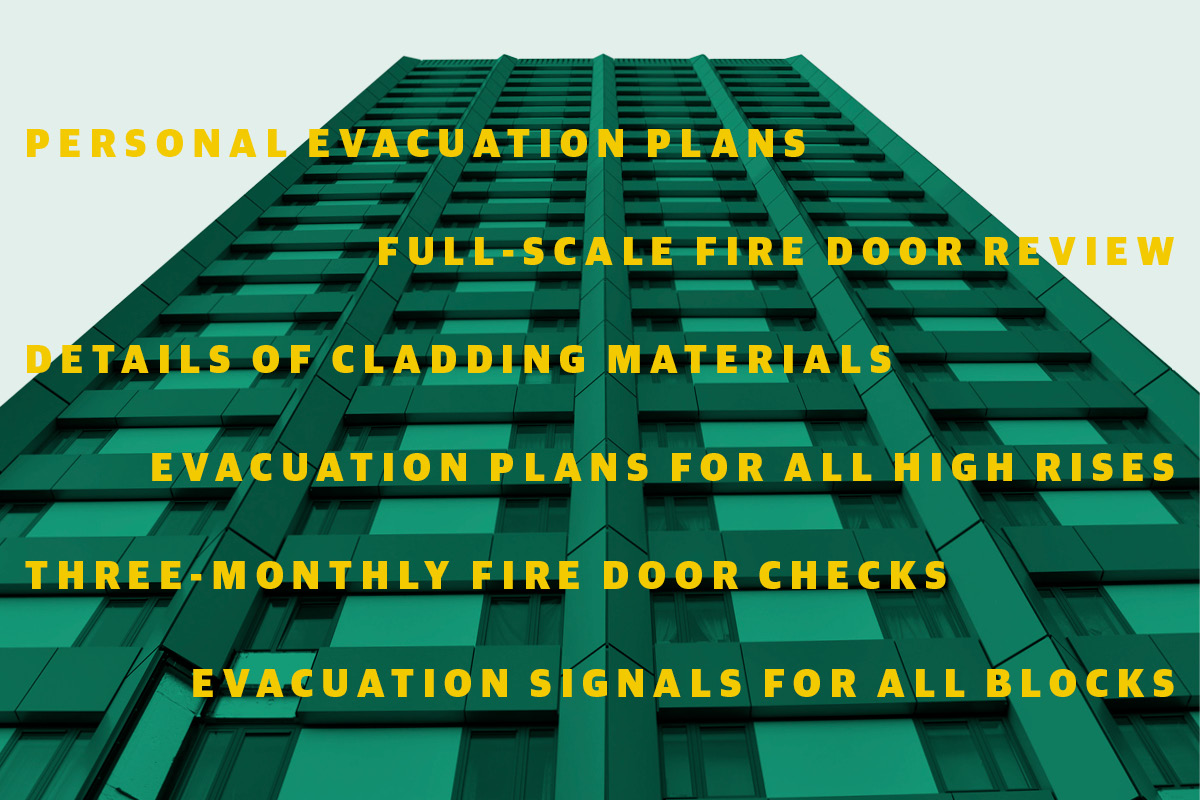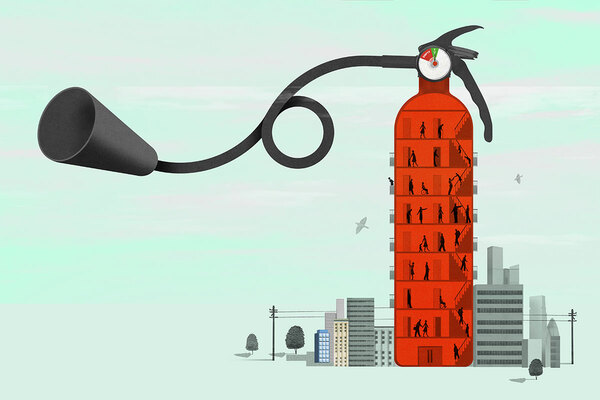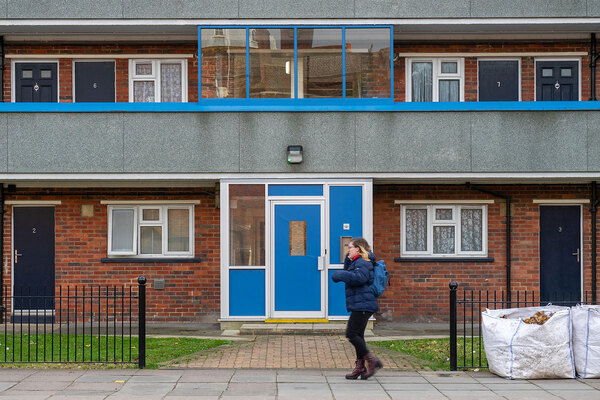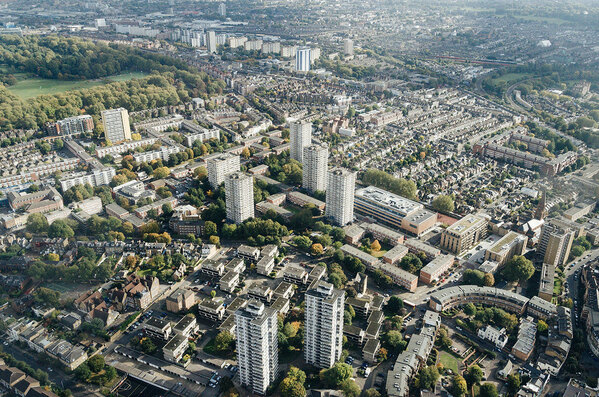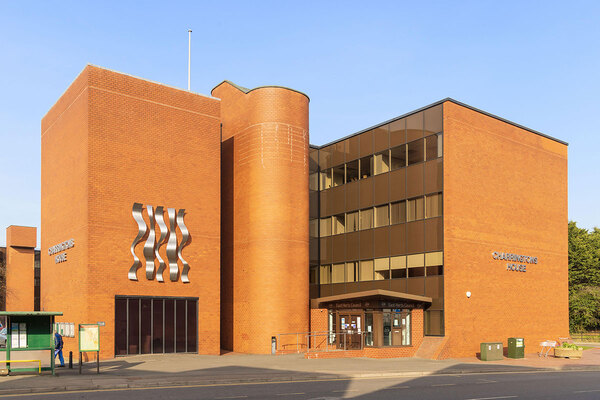You are viewing 1 of your 1 free articles
 Kate Henderson
Kate Henderson
Kate Henderson is Chief Executive of the National Housing Federation (NHF), the voice of housing associations in England.
...moreIf politicians want to solve the housing crisis this is what they must promise
Building new affordable homes, making buildings safe and fixing the welfare system should be the major priorities for politicians as we approach the general election, writes Kate Henderson
Two weeks before Christmas, we will elect a new government. The Brexit battle lines are drawn. Will we be leaving on 31 January, holding a second referendum on a new deal, or revoking Article 50 altogether?
These are crucial questions for voters and don’t our politicians know it. But let’s be clear, they are not the only questions.
There are 8.4 million people in England living in unaffordable, insecure and unsuitable homes; and there are votes to be won by whichever parties take housing seriously.
According to the British Social Attitudes survey, 70% of voters think the government is not doing enough on housing. We know the public wants homes that are affordable, safe and run by good landlords, as well as a welfare system that works.
Right now, all political parties should be asking: “What can we do to make this happen?” There is a huge opportunity for a new government to fix the housing crisis for good. We are calling for five commitments to ensure that this happens.
First, we need to build 145,000 affordable homes each year for the next 10 years, including 90,000 for social rent, to fix the housing crisis.
Housing associations will play a huge part in delivering these homes and will use their own funding and expertise to do so, however we cannot deliver on the scale required without significant investment.
A future government must invest £12.8bn a year for the next 10 years for new social housing. And for areas of the country where the housing crisis is not all about building new homes, an additional £1bn a year to regenerate left-behind communities.
“With such a considerable programme of work, the next government has a vital role in providing strategic leadership, clarity and co-ordination, as well as creating a Building Safety Fund to cover the one-off costs of this urgent work”
Alongside this, there is another urgent priority. It is essential that any new government prioritises making existing and future buildings safe following the aftermath of the Grenfell Tower fire.
Residents’ safety is the number one concern for housing associations. They will continue working hard to remediate buildings with aluminium composite material cladding as quickly as possible and make plans for those clad with other combustible materials.
And this is happening at the same time as a much broader and complex programme of essential fire safety work, following recommendations from the Hackitt Review and most recently from the Grenfell Inquiry phase one report.
With such a considerable programme of work, the next government has a vital role in providing strategic leadership, clarity and co-ordination, as well as creating a building safety fund to cover the one-off costs of this urgent work.
Grenfell also highlighted the importance of good landlord and tenant relationships, and housing associations are committing to strengthening relationships with their tenants and creating a culture that values their voices and experiences – work which has already begun through our Together with Tenants programme.
As part of this, we urge the next government to deliver the new deal for social housing promised in the Social Housing Green Paper, including stronger regulation that protects the rights and interests of residents.
Social housing residents and all those on the lowest incomes also need a fair and effective welfare and support system that ensures there is enough money to live on and that people are not forced into poverty and debt.
This includes making Universal Credit work, restoring benefits to pre-freeze levels, and ringfencing £1.4bn across England to fund the support costs of supported housing.
“Social housing residents and all those on the lowest incomes also need a fair and effective welfare and support system that ensures there is enough money to live on and that people are not forced into poverty and debt”
This essential investment in the social fabric of our country not only makes social and political sense, it makes business sense, too.
By investing in social housing, the next government could save billions in the long term by bringing down the benefit bill and spending less on temporary accommodation and homelessness services.
We may be in one of the most uncertain times in political history but there is one thing any new government can be certain of: investing in housing is a win-win. It’s time to make housing a top issue this election and fix the housing crisis for good.
Kate Henderson, chief executive, National Housing Federation

